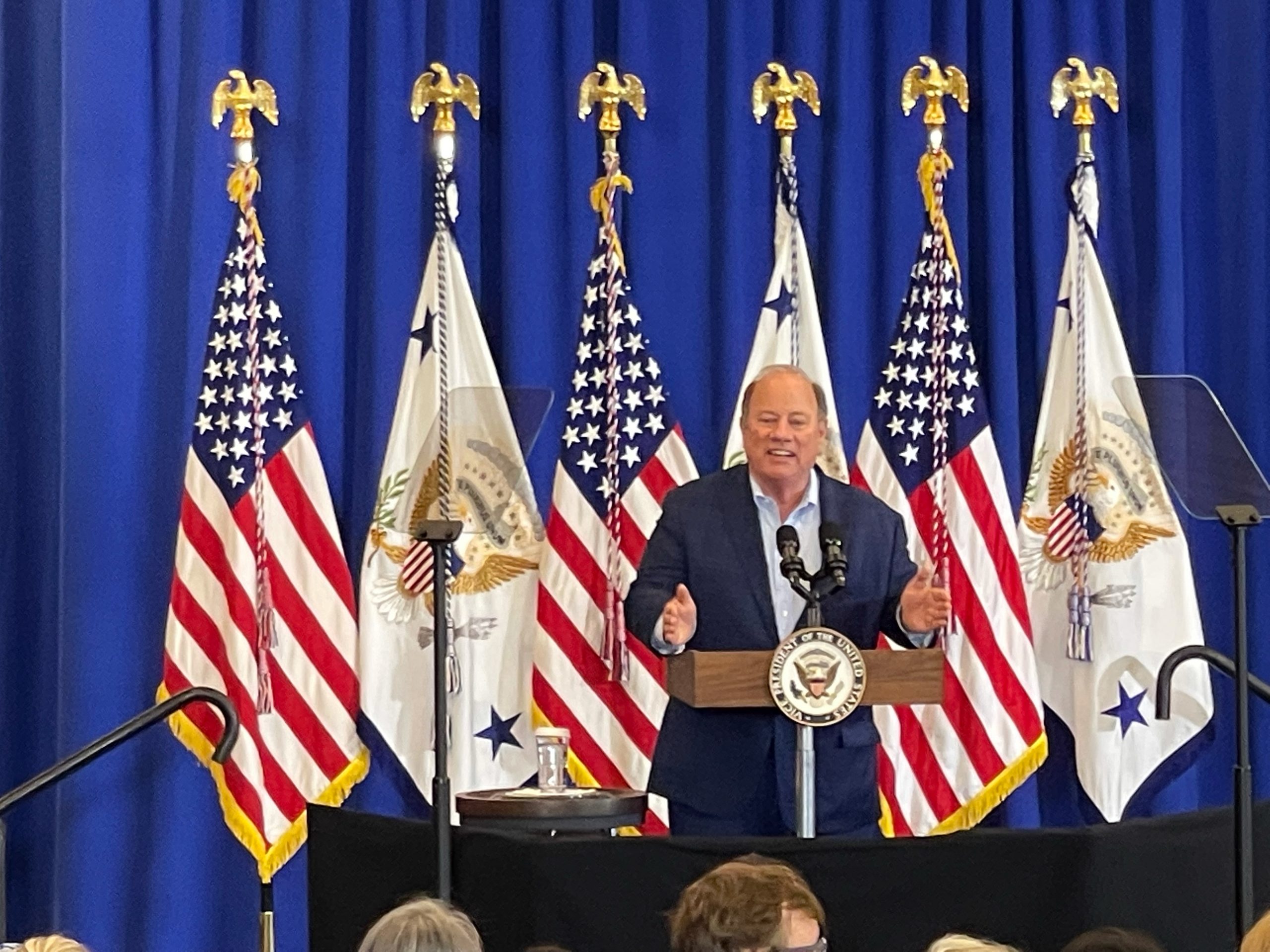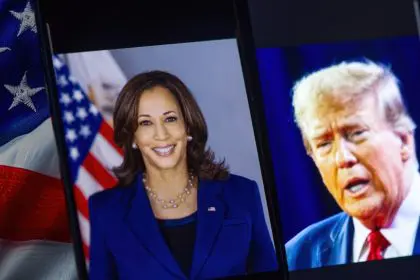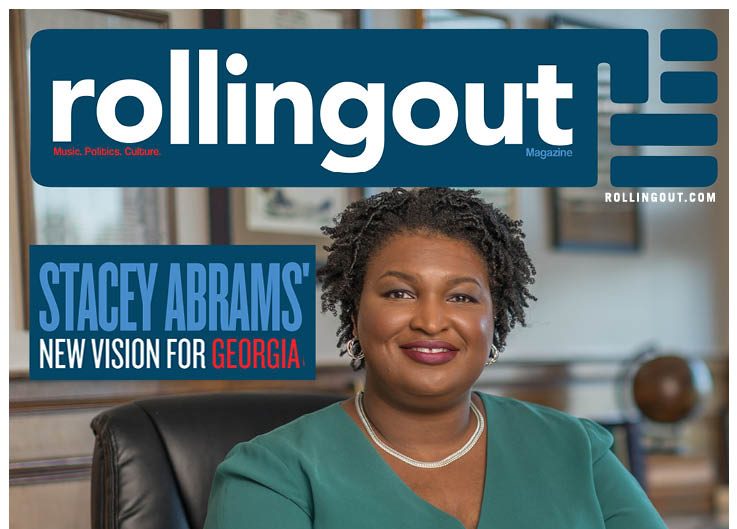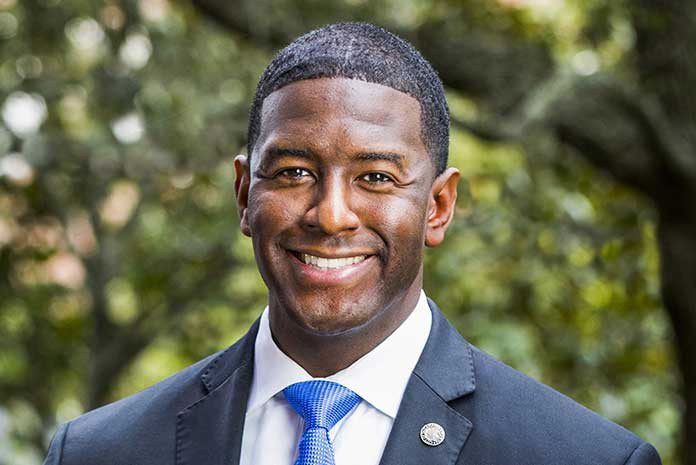Detroit Mayor Mike Duggan has sent shockwaves through Michigan’s political establishment by announcing his intention to run for governor in 2026 as an independent candidate. This unexpected move by the longtime Democrat threatens to reshape the state’s political landscape and challenges traditional party structures.
Breaking with tradition
After more than four decades as a Democrat, Duggan’s decision to pursue the governorship independently marks a significant departure from conventional political wisdom. With current Governor Gretchen Whitmer facing term limits, the announcement disrupts what was expected to be a competitive Democratic primary featuring prominent figures like Secretary of State Jocelyn Benson and Lt. Gov. Garlin Gilchrist.
Strategic calculations
Political analysts suggest Duggan’s independent bid reflects careful strategic planning. By bypassing a potentially divisive Democratic primary, he positions himself to appeal to a broader electorate. This move could particularly resonate with moderate voters who feel increasingly disconnected from both major parties’ ideological positions.
Financial landscape
The financial dynamics of an independent campaign present both challenges and opportunities. While traditional party funding mechanisms may be unavailable, Duggan’s campaign could attract support from non-traditional sources. Business leaders like Dan Gilbert and Jamie Dimon, who have historically supported candidates across party lines, might view an independent candidacy favorably.
Historical precedent and obstacles
Michigan’s political history presents significant hurdles for independent candidates. The state’s straight-ticket voting system, which allows voters to select all candidates from one party with a single mark, has historically disadvantaged independent candidates. Successful independent campaigns often require exceptional circumstances or candidates with strong personal brands.
Voter demographics and trends
Recent demographic shifts suggest potential opportunities for independent candidates. Younger voters increasingly register as independents, expressing frustration with traditional party politics. Duggan’s pragmatic approach to governance and focus on tangible results could appeal to this growing segment of the electorate.
Campaign infrastructure challenges
Building a statewide campaign infrastructure without party support presents significant logistical challenges. Independent candidates must develop their own voter outreach networks, volunteer bases, and get-out-the-vote operations typically provided by party organizations.
Impact on major parties
Duggan’s independent bid could significantly affect both major parties’ strategies. Democrats must reassess their primary field and campaign messaging, while Republicans must consider how an independent candidate might alter general election dynamics. This three-way race could reshape traditional coalition-building strategies.
Media dynamics
The unusual nature of an independent candidacy by a prominent mayor could attract significant media attention. This coverage might help overcome the name recognition advantages typically enjoyed by major party candidates, though maintaining consistent media interest without party infrastructure presents its own challenges.
Policy positioning
As an independent, Duggan must carefully calibrate his policy positions to attract a winning coalition of voters. His record as Detroit’s mayor, focusing on pragmatic solutions over ideological purity, could provide a template for this approach. Key issues like economic development, infrastructure, and education will likely feature prominently in his campaign.
Electoral mathematics
The presence of a credible independent candidate complicates traditional electoral calculations. Winning a three-way race typically requires a lower percentage of the total vote, potentially creating new pathways to victory that differ from traditional two-party contests.
Looking ahead
The announcement’s timing, well ahead of the 2026 election, gives Duggan’s campaign time to build necessary infrastructure and develop effective strategies. This early start could prove crucial in overcoming the inherent challenges facing independent candidates.
National implications
Duggan‘s bid could have implications beyond Michigan’s borders. Success as an independent in a major state race might encourage similar campaigns elsewhere, potentially challenging the dominance of the two-party system in other states.
Regional considerations
The campaign must navigate Michigan’s diverse political geography, from urban Detroit to rural communities. Duggan’s experience leading Michigan’s largest city provides both advantages and potential challenges in appealing to different regions of the state.











